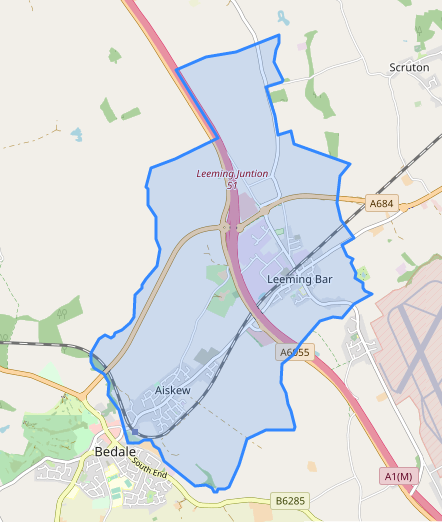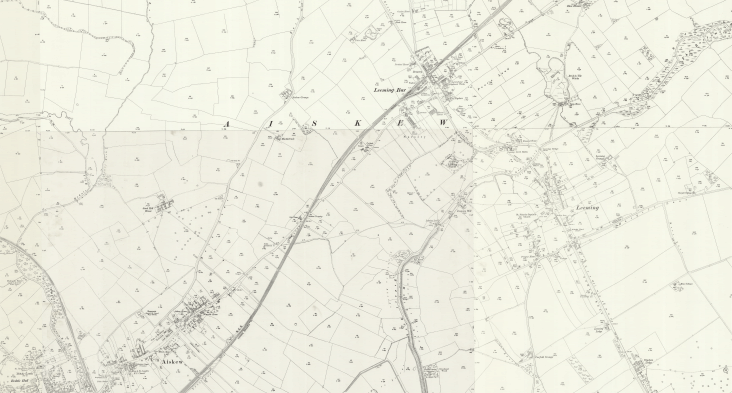What a Parish Council does
Your Council is a corporate body, a legal entity separate from that of its members. Its decisions are the responsibility of the whole body. The Council has been granted powers by Parliament including the important authority to raise money through taxation (the precept) and a range of powers to spend public money.
Your Council is an elected body in the first tier of local government. Other tiers, known as principal councils or authorities, have many legal duties to deliver services such as education, housing, town and country planning, transport, environmental health and social services. Local councils have the legal power to take action, but they have very few duties and greater freedom to choose what action to take. They can play a vital part in representing the interests of the communities they serve and improving the quality of life and the local environment.
What is Aiskew and Leeming Bar Parish Council responsible for?
- Play parks
- Grass Cutting
- Village Maintenance
- Reviewing Planning Applications
- Allotments
- Feeding into District and Country Council consultations
- Liaising with the Police District and County Council
- Liaising with the District and County Council
- Represent the parish on associated committees
- Burel grounds, Cemeteries and Churchyards
- Bus Shelters
- Drainage
- Footpaths
Other Issues Parish Councils take on
Along with these main points of responsibility, Parish Councils are sometimes involved in planning, highways, transport and traffic, community safety, housing, street lighting, cemeteries, playing fields, community centres, litter, war memorials, seats and shelters, rights of way. Central Government is encouraging local councils to deliver more services and play a greater part in their communities.
Why your local Parish Council is important
There are around 9,000 local councils in England and they are growing in number, especially as councils in urban areas are established. Most local councils were set up in 1894 by an Act of Parliament. This created the civil parish, separating it from the church after its long history of delivering local services such as care for the poor, maintenance of roads and collecting taxes. A typical local council represents around 2,700 people but some have much larger populations. (Aiskew and Leeming bar Parish Council represents 2,950 residents.)
 Who does what on the Parish Council?
Who does what on the Parish Council?
The local council needs a range of skills to work as a team. Your chairman has the role of team leader for council meetings while your clerk is also a vital team member. The clerk provides advice and administrative support, and takes action to implement council decisions. The clerk may have to act as a project manager, personnel director, public relations officer or finance administrator. The clerk is not a secretary and is not at the beck and call of the chairman or other councillors; the clerk is answerable only to the council as a whole. The clerk is the proper officer of the council in law. Legally councils can delegate decisions to clerks because they are trusted professional officers whose objectivity allows them to act for the council.
